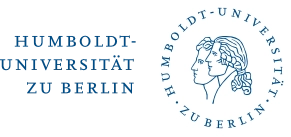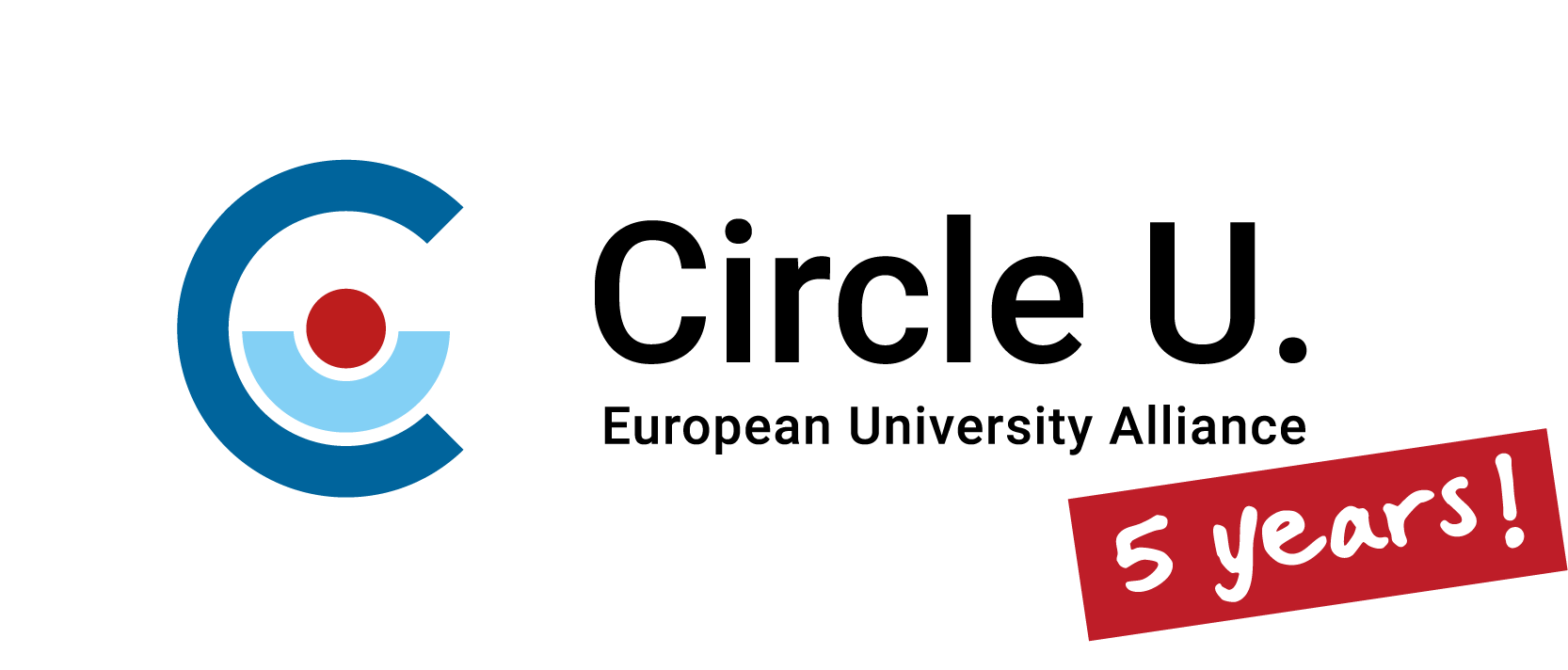
Circle U. Postdoc Mobility Programme

The protest that changed Serbia – A podcast from the Democracy Hub

Cultivating an Interdisciplinary Alliance for Responsible AI for Knowledge Graphs (RAI4KG)

The University of Pisa: everyday life, inspiring learning
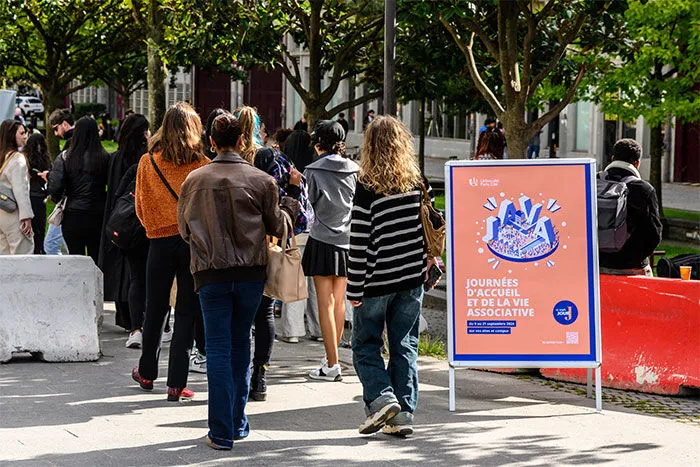
Why I like studying at Université Paris Cité
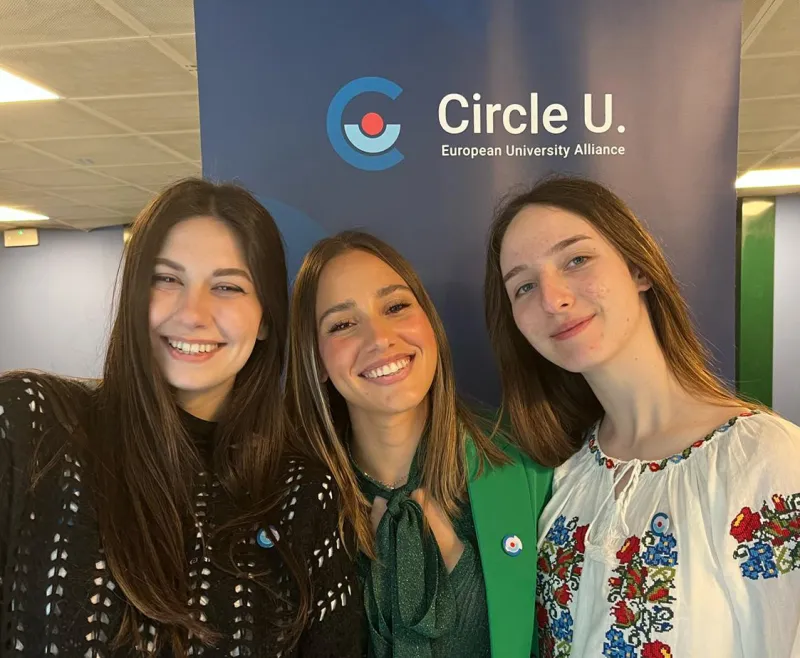
More than just a tower: Student life at the University of Pisa

Circle U. Sandpits – developing interdisciplinary research projects
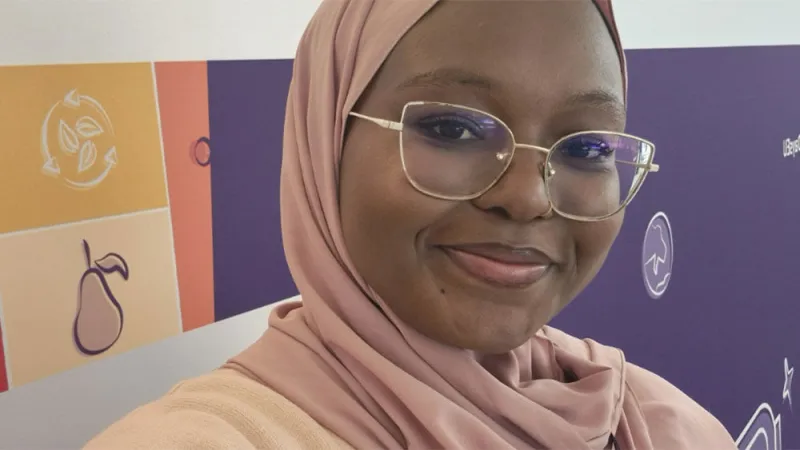
Meet our new intern: Adama Bah

Photographic Imaginaries of the Countryside (PICTURE)

Innovation Seed Funding Scheme
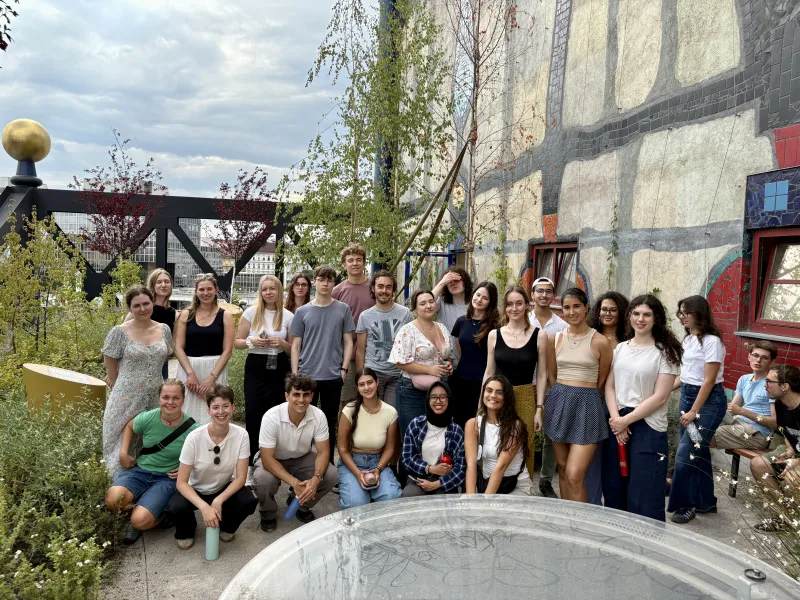
Climate Change? LET’S BE THE CHANGE



